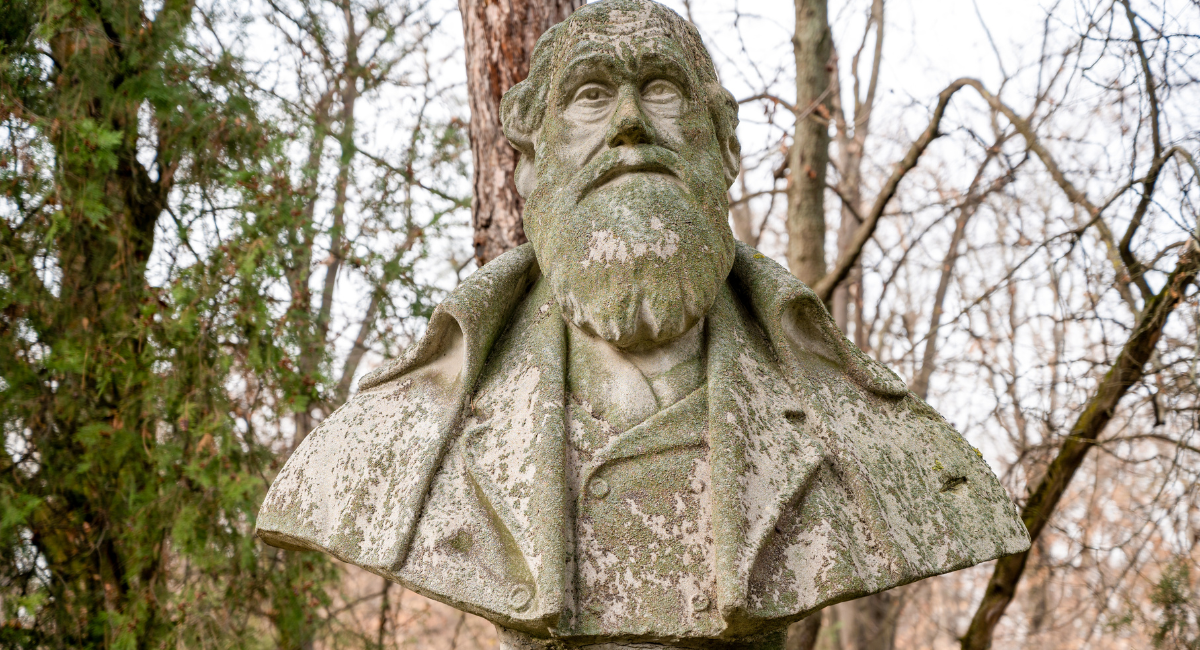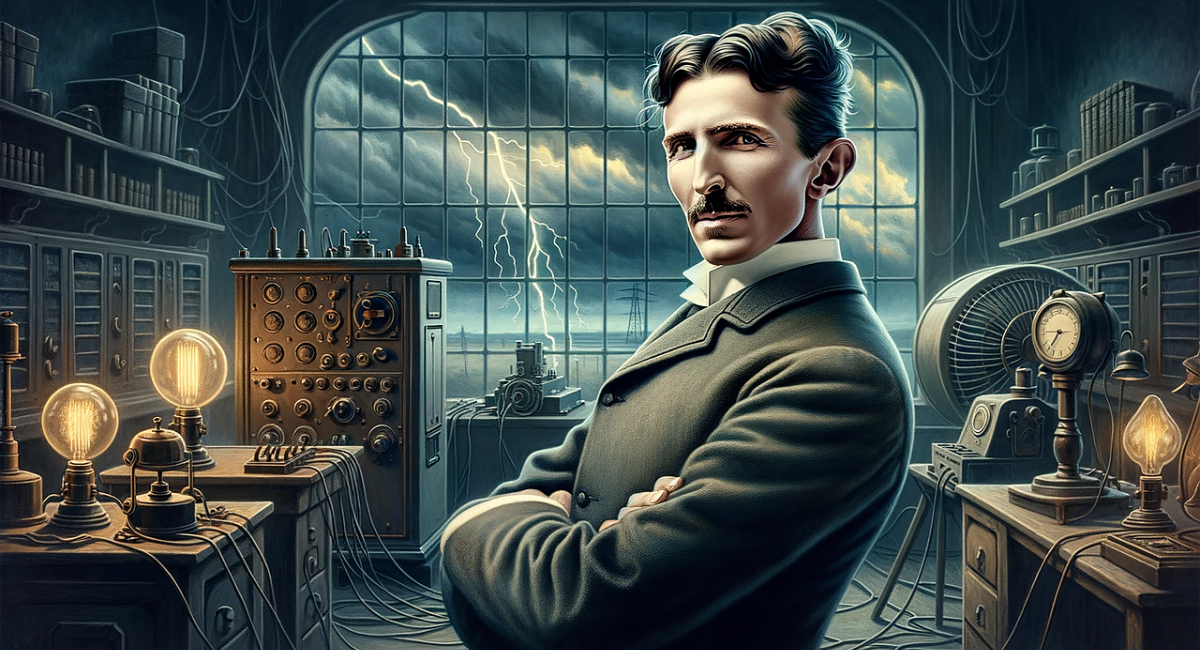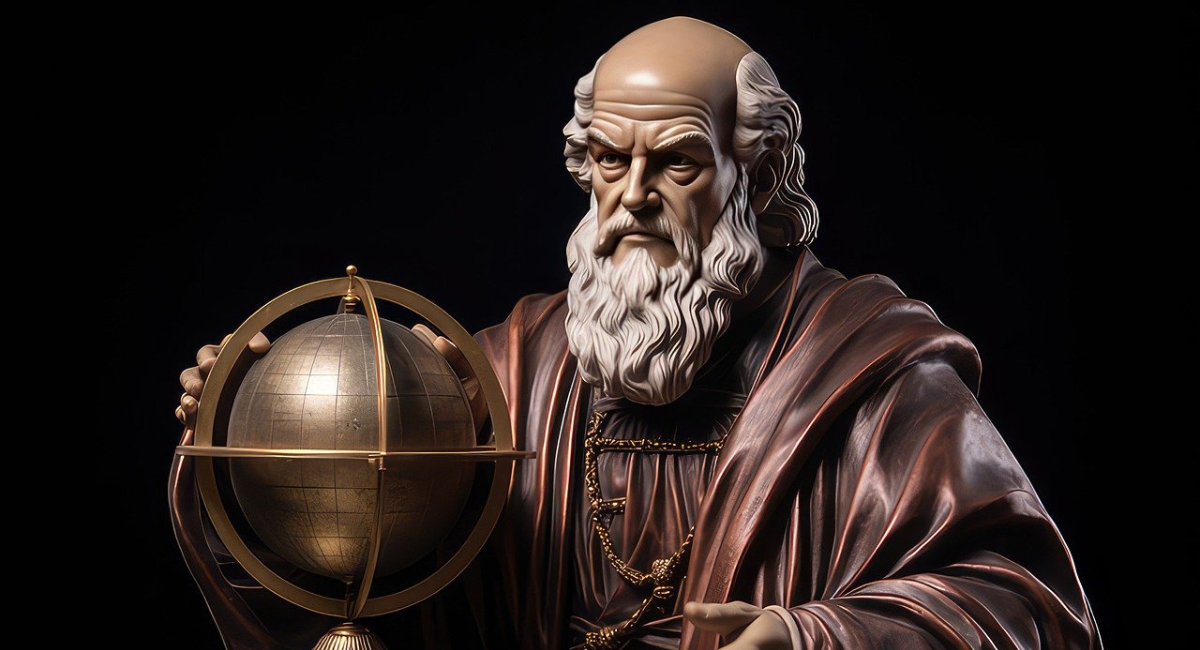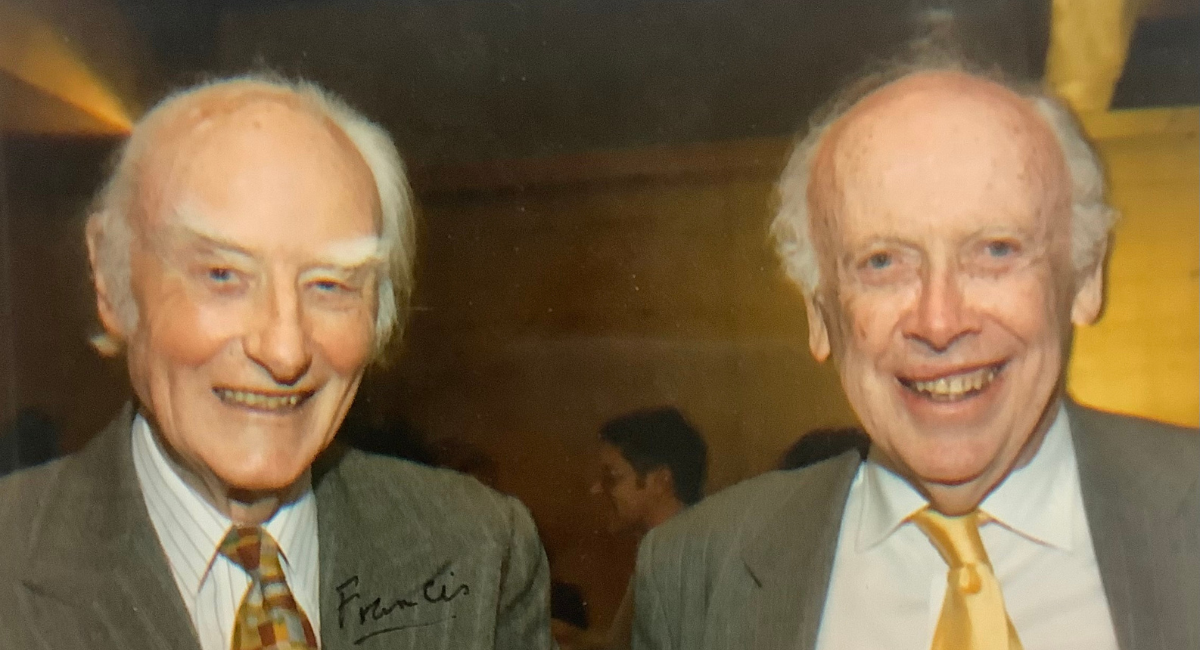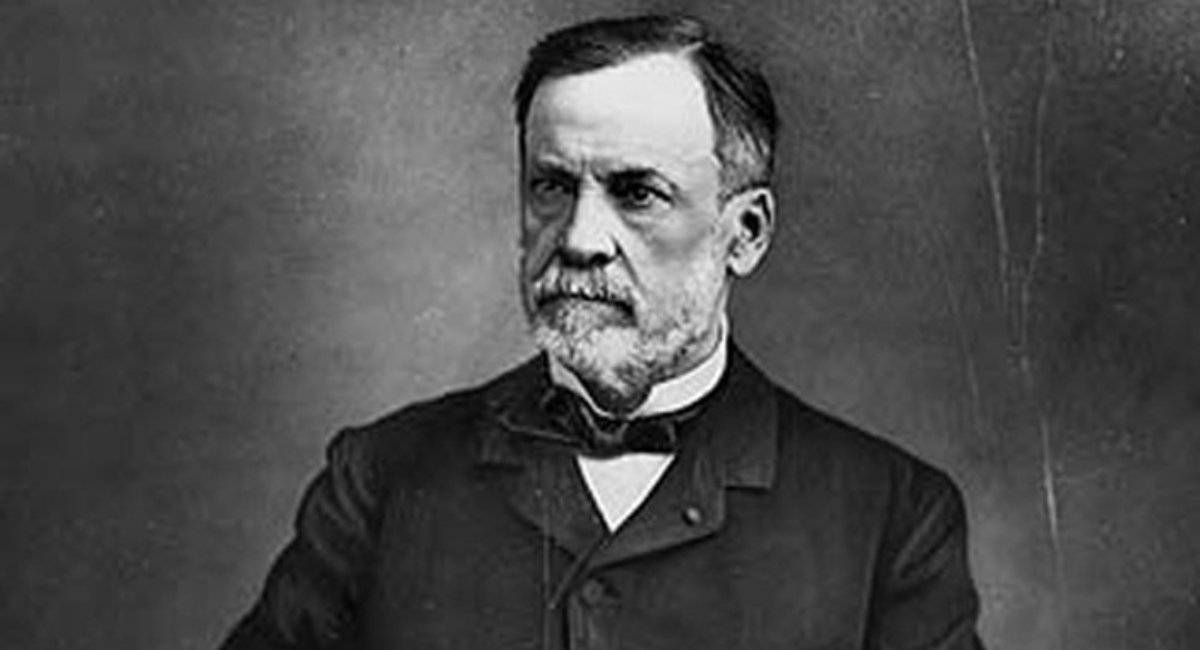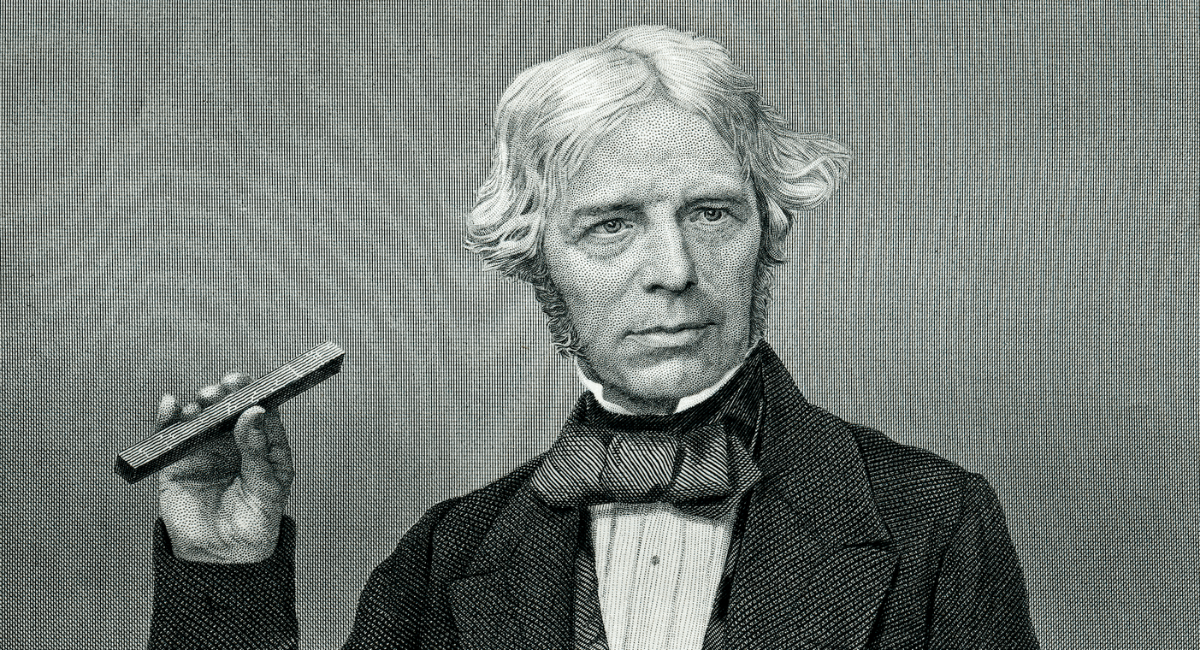Throughout history, science has been the driving force behind the advancement of human civilization. From unraveling the mysteries of the universe to inventing groundbreaking technologies, the contributions of Genius Scientists have transformed the way we live, work, and understand the world around us. These pioneers have made significant breakthroughs across various fields, including physics, biology, chemistry, and medicine, forever altering the course of human history. Their discoveries continue to shape modern society, enabling innovations that were once unimaginable.
In this article, we will explore the lives and achievements of 10 genius scientists who have left an indelible mark on the world. Their contributions not only advanced science but also revolutionized industries, improved healthcare, and deepened our understanding of the natural world. These individuals pushed the boundaries of knowledge, paving the way for future generations to continue exploring and innovating. From Albert Einstein’s theory of relativity to Marie Curie’s work on radioactivity, these scientific visionaries have truly changed the world.
10 Genius Scientists Who Forever Changed Our World
1. Albert Einstein (1879–1955)
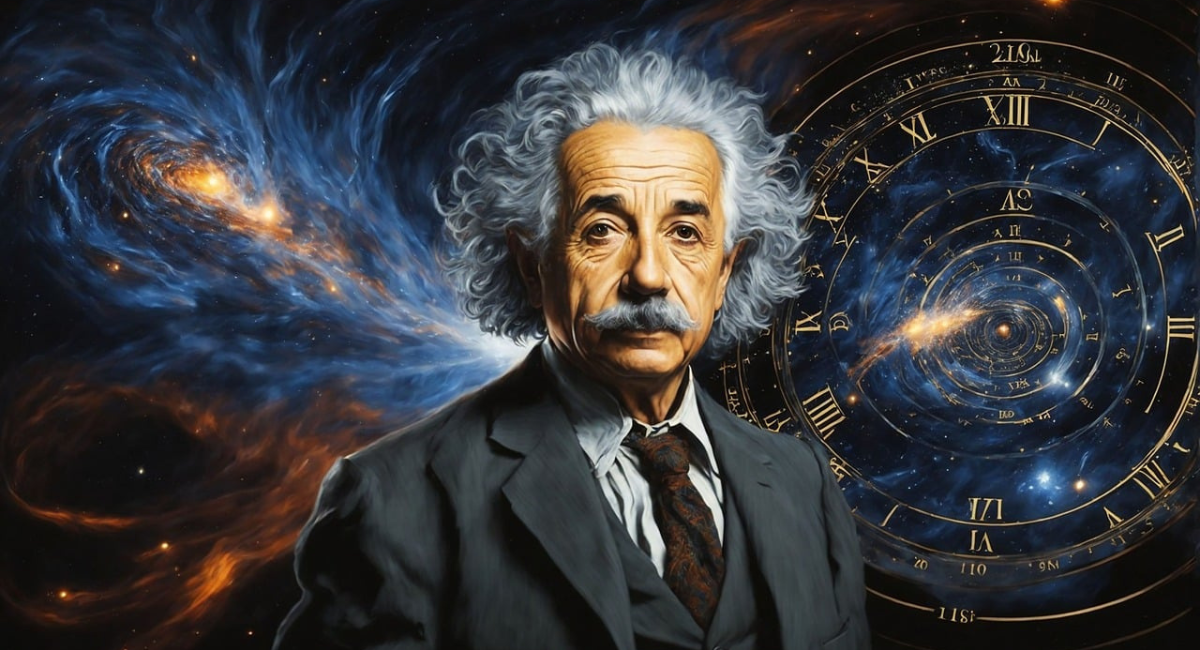
Albert Einstein, one of the most brilliant minds in history, is best known for developing the theory of relativity, which revolutionized our understanding of space, time, and gravity. His famous equation, E=mc², demonstrated the relationship between energy and mass, laying the foundation for modern physics. Einstein’s work challenged classical Newtonian mechanics and introduced the concept that the speed of light is constant and absolute, altering the way scientists viewed the universe. His groundbreaking theories have had far-reaching implications in areas such as astrophysics, cosmology, and even quantum mechanics.
Beyond his scientific achievements, Einstein was also an advocate for peace and civil rights. He used his platform to speak out against war, nuclear weapons, and discrimination, making him not only a genius in the realm of science but also a humanitarian. His contributions extended far beyond his groundbreaking theories, as his influence helped shape both the scientific and social landscapes of the 20th century. Today, Einstein’s name is synonymous with genius, and his legacy continues to inspire scientists and thinkers across the globe.
2. Isaac Newton (1642–1727)
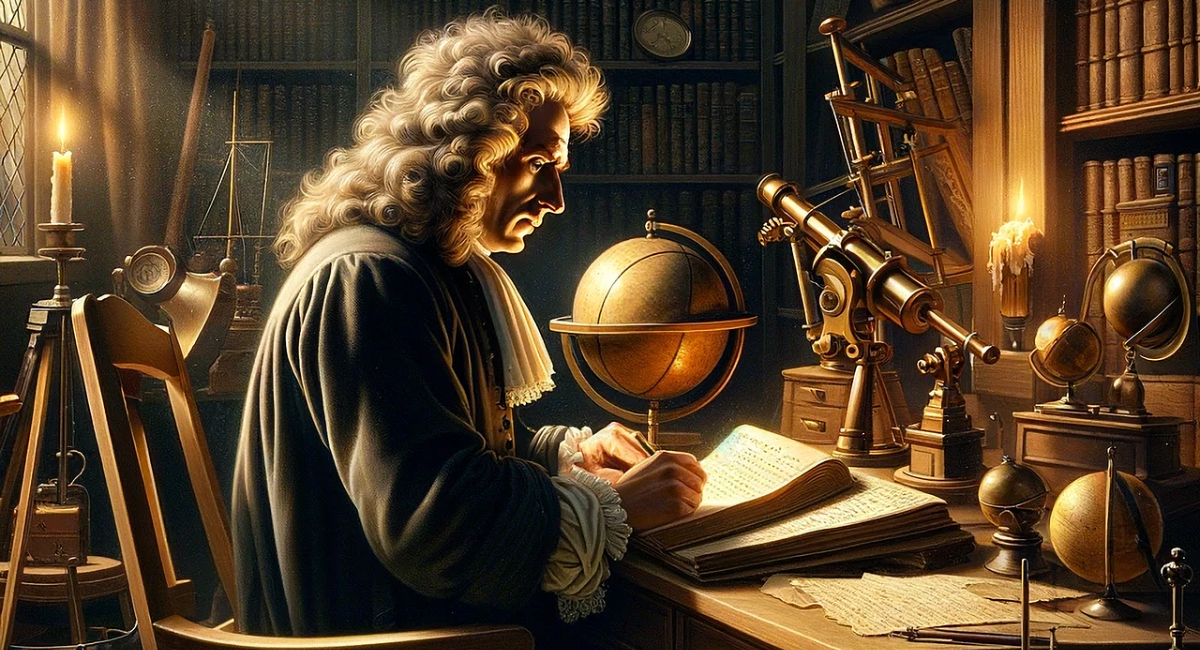
Isaac Newton is often considered the father of modern science. His laws of motion and universal gravitation form the foundation of classical mechanics, describing how objects move in the universe. Newton’s work, compiled in his book Philosophiæ Naturalis Principia Mathematica (often called the Principia), remains a cornerstone of physics. Beyond his contributions to mechanics, Newton invented calculus (independently of Leibniz), which became a crucial tool for advancements in all branches of science. His insights into optics, where he discovered that white light is composed of various colors, also had a lasting impact on the study of light and vision.
3. Marie Curie (1867–1934)
Marie Curie was a trailblazer in the field of radioactivity, a term she coined herself. She was the first woman to win a Nobel Prize and remains the only person to win Nobel Prizes in two different scientific fields—Physics (1903) and Chemistry (1911). Curie’s research on radioactive elements like radium and polonium revolutionized the fields of physics and chemistry, and her discoveries laid the groundwork for medical advancements, particularly in cancer treatments through radiation therapy. Curie’s contributions not only advanced science but also broke gender barriers in a field dominated by men.
4. Charles Darwin (1809–1882)
Charles Darwin’s theory of evolution by natural selection forever changed the way we understand life on Earth. His monumental work, On the Origin of Species, proposed that species evolve over time through a process of natural selection, where organisms better adapted to their environment are more likely to survive and reproduce. Darwin’s ideas challenged traditional beliefs about the creation of life and provided a scientific explanation for the diversity of life. His theory remains central to the study of biology and has influenced many other fields, including genetics, ecology, and anthropology.
5. Nikola Tesla (1856–1943)
Nikola Tesla was a visionary inventor and electrical engineer whose work in electromagnetism and energy transmission laid the foundation for modern electrical systems. Tesla is best known for his development of alternating current (AC) electricity, which is the standard used today for electrical power distribution. His inventions include the Tesla coil, wireless communication technologies, and contributions to early radio transmission. Tesla’s forward-thinking ideas about energy, particularly wireless energy transfer, were revolutionary for his time and continue to influence the field of energy technology.
6. Galileo Galilei (1564–1642)
Galileo Galilei, often referred to as the “father of modern observational astronomy,” played a crucial role in the scientific revolution of the Renaissance. His improvements to the telescope allowed him to make groundbreaking discoveries, such as the moons of Jupiter, the phases of Venus, and the detailed surface of the Moon. Galileo’s support of the heliocentric model of the solar system (the idea that the Earth revolves around the Sun) challenged the prevailing geocentric view and led to his conflict with the Catholic Church. Despite being persecuted for his views, Galileo’s work laid the foundation for modern physics and astronomy.
7. Stephen Hawking (1942–2018)
Stephen Hawking was a brilliant theoretical physicist whose work on black holes, cosmology, and quantum gravity left an indelible mark on modern science. His best-known contribution, the theory of Hawking radiation, proposed that black holes emit radiation, challenging long-standing assumptions about the nature of these cosmic objects. Hawking’s work helped bridge the gap between general relativity and quantum mechanics. Despite living with ALS, a debilitating neurodegenerative disease, Hawking continued to communicate complex scientific ideas to the public through his books, most notably A Brief History of Time, inspiring millions with his insights into the universe.
8. James Watson & Francis Crick (1928– and 1916–2004)
James Watson and Francis Crick are best known for their discovery of the double helix structure of DNA, the molecule that carries genetic information in living organisms. Their groundbreaking research, published in 1953, laid the foundation for the field of molecular biology and revolutionized our understanding of genetics. The discovery of DNA’s structure allowed scientists to unlock the mysteries of how traits are inherited and led to advancements in medicine, biotechnology, and forensic science. Watson and Crick’s work has had profound implications for genetic research, including the Human Genome Project, which mapped the entire human genetic code.
9. Louis Pasteur (1822–1895)
Louis Pasteur was a French microbiologist and chemist whose discoveries in the field of germ theory revolutionized medicine and public health. Pasteur’s work demonstrated that microorganisms cause diseases, leading to the development of vaccines, pasteurization, and antiseptic procedures that have saved countless lives. His development of the rabies vaccine and his process for pasteurizing milk to kill harmful bacteria are two of his most famous achievements. Pasteur’s contributions to microbiology and immunology laid the groundwork for modern hygiene practices and disease prevention, making him one of the most influential figures in medical history.
10. Michael Faraday (1791–1867)
Michael Faraday was a self-taught British scientist whose discoveries in electromagnetism and electrochemistry transformed the world of physics and technology. Faraday is best known for his discovery of electromagnetic induction, the principle behind the electric transformer and generator, which made the generation of electricity on a large scale possible. His work also led to the development of the first electric motor. Faraday’s contributions to science were not limited to electricity—he also made significant discoveries in chemistry, including the laws of electrolysis. His work laid the foundation for future advancements in electrical engineering and technology.
Conclusion
The contributions of these 10 genius scientists have not only shaped the scientific landscape but also dramatically impacted daily life and human progress. Their groundbreaking discoveries and innovations continue to influence everything from technology and medicine to our understanding of the universe itself. As we look to the future, the legacy of these great minds reminds us of the power of curiosity, perseverance, and the relentless pursuit of knowledge in advancing human civilization.


 Image Credit
Image Credit